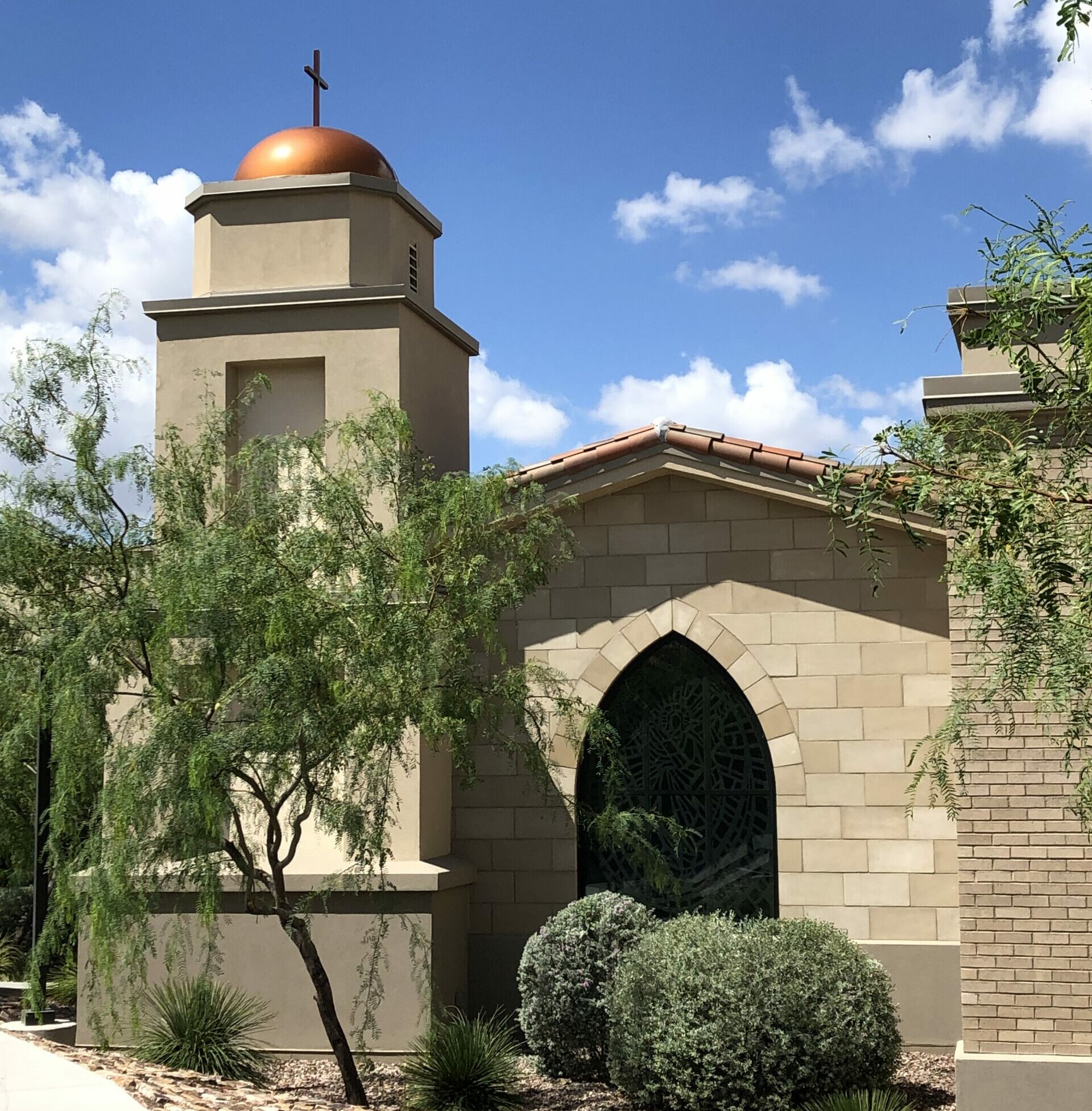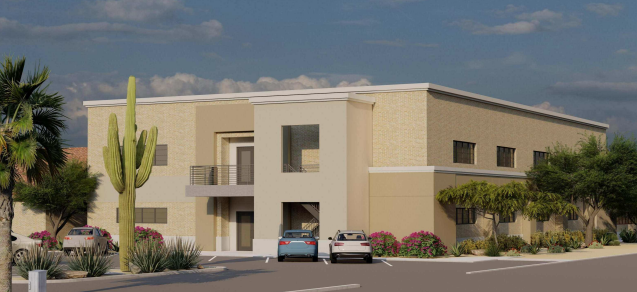Wellness at Salpointe
Salpointe’s Wellness Program focuses on eight areas: emotional, environmental, financial, intellectual, occupational, physical, social and spiritual. Our Catholic faith and our commitment to the Carmelite values of prayer, community and service are woven through our wellness program, guiding our actions and growth.

Emotional
Emotional wellness encompasses optimism, self-esteem, self-acceptance and the ability to experience and cope with feelings independently and interpersonally. Emotional wellness includes: practicing self-care; fostering inner resources and resiliency; finding unique ways of coping with stressors; creating satisfying relationships; empathizing with others; being realistic about expectations and time; and knowing when to ask for help.

Environmental
Environmental wellness inspires us to live a lifestyle that is respectful of our surroundings. It involves understanding the dynamic relationship between the environment and people and recognizing that we are responsible for the quality of the air, water and earth that surrounds us and that social, natural and built environments affect our health and well-being.

Financial
Financial Wellness includes our relationship with money, skills to manage resources to live within our means, making informed financial decisions and investments, setting realistic goals and learning to prepare for short-term and long-term needs or emergencies. Part of this dimension includes an awareness that everyone’s financial values, needs and circumstances are unique.

Intellectual
Intellectual wellness encourages participating in mentally stimulating and creative activities. Improving intellectual wellness can happen in and out of the classroom. It is the ability to think critically, reason objectively, make responsible decisions, and explore new ideas and different points of view. It also emphasizes lifelong learning and inspires curiosity.

Occupational
Occupational wellness involves preparing for and participating in work that provides personal satisfaction and life enrichment that is consistent with our values, goals and lifestyle. Occupational wellness encourages careful consideration of how can contribute to the greater good.

Physical
Physical wellness is not merely the absence of illness, but about maintaining a thriving lifestyle. This area of wellness includes adopting healthy habits such as adequate sleep, a balanced diet, regular exercise and more. It is also about avoiding or minimizing risky behaviors like alcohol, tobacco and other drugs. Most importantly, physical wellness is about discovering what healthy habits make us feel better and suit our lifestyle and level of fitness.

Social
Social Wellness focuses on connecting with our community and the people around us, which includes being aware of our own social and cultural background as a bridge to understand the diversity and depth present in other backgrounds. This dimension encourages taking an active part in improving our community, connecting with others, establishing supportive social networks, developing meaningful relationships, and creating safe and inclusive spaces.

Spiritual
Spiritual wellness involves seeking and having a meaning and purpose in life, as well as participating in activities that are consistent with one’s beliefs and values. A spiritually well person expresses compassion towards others, and practices gratitude and self-reflection. When we integrate practices of spiritual wellness we are able to connect in mind, body and soul.















